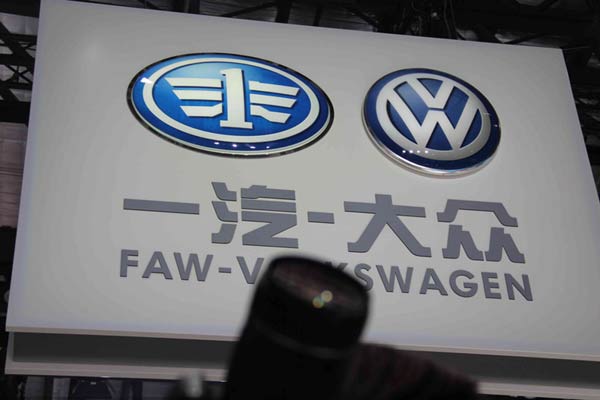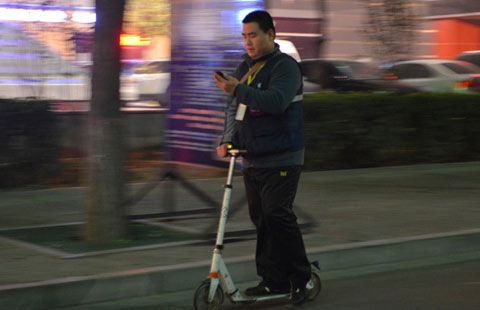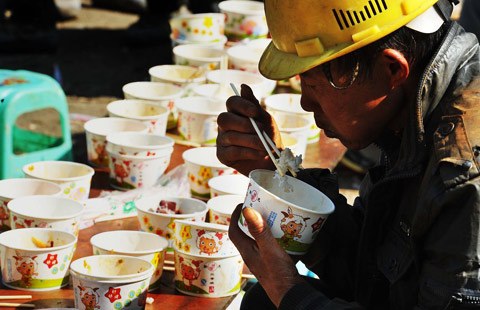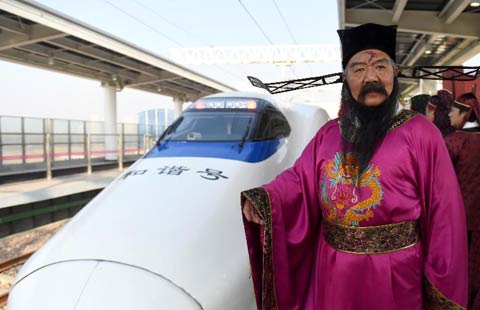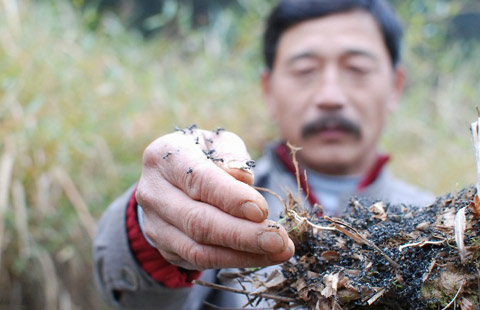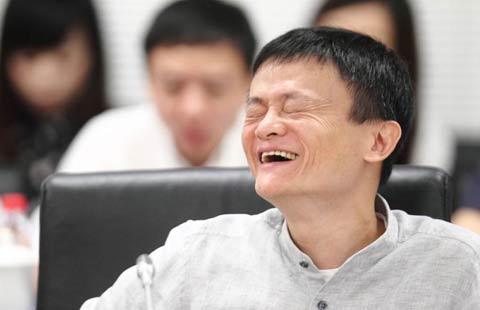For Qualcomm, China settlement may be just the beginning
(Agencies) Updated: 2014-12-30 10:53Regulator set to strengthen antitrust laws during 2015
Efforts aimed at creating fair market environment for firms, say officials
The country's top competition regulator has vowed to strengthen its anti-monopoly efforts next year to ensure fairer market conditions.
Zhang Mao, head of the State Administration for Industry & Commerce, told a conference in Beijing on Dec 25 that its priority for 2015 remains cracking down on monopoly and illegal competition in key sectors, and any actions that infringe upon commercial intelligence rules.
The administration is expected to roll out relevant competition rules, promote unified competition, and improve a fairer competitive environment, he said.
"It is important to introduce competition to the market and to coordinate industrial and competition policies," said Zhang.
From January to November, the administration investigated companies accused of being allegedly involved with monopolies, including the Swedish firm Tetra Pak and US technology giant Microsoft Corp.
It has strengthened supervision over both traditional industries and the Internet-based sectors, investigating a total of 43 monopoly cases. It also investigated and dealt with 26,000 illegal competition cases.
High-profile investigations against Western companies, have sent shockwaves across various international business sectors.
In September alone, antitrust fines totaled more than 1.63 billion yuan ($266.6 million), after two multinational automakers and their dealers were reported to have breached rules and been levied heavy fines.
FAW-Volkswagen Sales Co was fined 248.58 million yuan, equivalent to 6 percent of the company's sales in 2013, with seven dealers of its luxury Audi brand fined 29.96 million yuan.
Chrysler Group China Sales Ltd was fined 31.68 million yuan by the Shanghai Municipal Development and Reform Commission, equivalent to 3 percent of its sales of the previous year, with three Chrysler dealers fined 2.14 million yuan.
Throughout the process of clamping down on anti-monopoly activities, Chinese regulators have denied targeting foreign companies.
Xu Kunlin, head of the antitrust bureau of the National Development and Reform Commission, said in September that of the 335 enterprises investigated by the NDRC over monopolies, only 33 were foreign.
The emphasis was put on fairer market competition and better economic efficiency, rather than protecting domestic enterprises. Many of the antitrust probes were triggered by consumers, and the probes went wherever consumers complain, said Xu.
- Driving service warms up in holiday season
- China's December inflation estimated at 1.4%
- Cooking lunch for construction workers
- China to see steady FDI inflow
- 'Dormant savings' a remnant of inefficient budgeting
- For Qualcomm, China settlement may be just the beginning
- Xiaomi valued at $45b in new round of funding
- Low-cost airlines not expected to be hit
